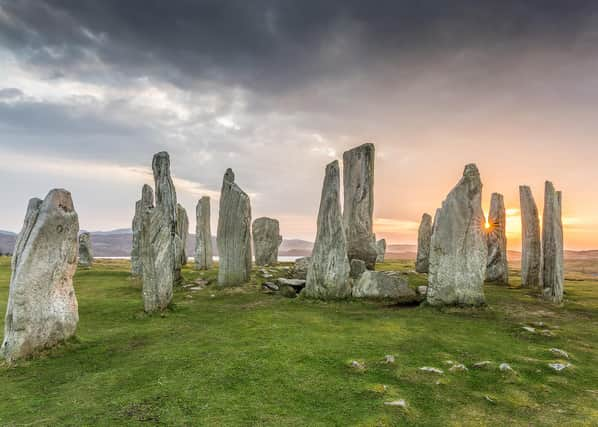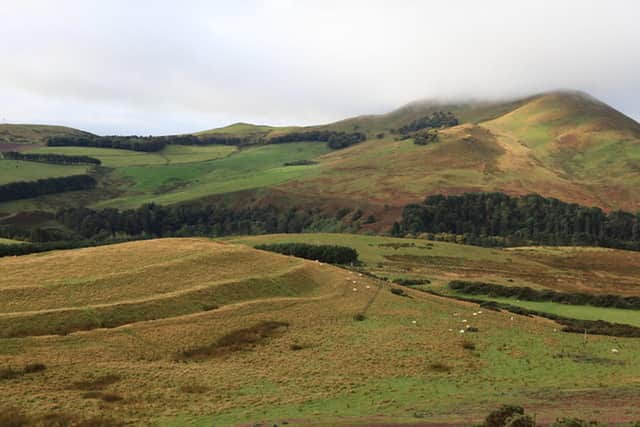Scotland's historic sites dug up, broken into and used as toilets and camps over lockdown


Digging at world-famous standing stones, breaking into castles, camping in historic grounds and illegal metal detecting were among the offences reported.
Inspector Alan Dron, chairman of the Scottish Heritage Crime Group, said: “Over the lockdown period from April to June, rural crime fell by 39 per cent this year, fly tipping spiked and heritage crime also rose. It was one of the areas where we saw a significant increase.
Advertisement
Hide AdAdvertisement
Hide Ad“Because people were staying more local, they were getting out to investigate sites close to where they lived.”


He added that the historic sites were usually unmanned by staff given the impact of lockdown.
Six cases of illegal metal detecting have been made in Scotland since the end of March with several arrests made and inquiries ongoing. The locations where the alleged offences have taken place are not being disclosed as investigations continued.
Historic Environment Scotland said the public had been the “eyes and ears” of many of its sites over the course of lockdown.
One report made by the member of the public included one of digging at Callanish Standing Stones on the Isles of Lewis.
After investigation, no serious damage was found but HES said, while no damage was found, such illegal activity could have disturbed archaeology at the site.
Dunnottar Castle near Stonhaven was broken into in June and campers were found at Newark Castle near Port Glasgow with HES warning that setting up tents, making bonfires and moving stones risked damaging historic sites.
Meanwhile, HES said it was “horrified” that the Castlelaw Hillfort near Penicuik, which was home to an Iron Age community for several centuries, had been used as a toilet.
Advertisement
Hide AdAdvertisement
Hide AdOther reports included movement of grave slabs at Restenneth Priory near Forfar and graffiti and littering at Lincluden Collegiate Church in Dumfries.
A spokesperson for Historic Environment Scotland (HES) said: “We take incidents of heritage crime very seriously. Such acts damage historic assets, divert important resources away from essential conservation and maintenance work, and can cause us to lose pieces of our past forever. The historic environment belongs to all of us, and we work closely with the police and local communities to raise awareness of the impacts of heritage crime and how we can work together to tackle it. Anyone with information on heritage crime is asked to contact Police Scotland on 101.”
A message from the Editor:Thank you for reading this story on our website. While I have your attention, I also have an important request to make of you.With the coronavirus lockdown having a major impact on many of our advertisers - and consequently the revenue we receive - we are more reliant than ever on you taking out a digital subscription.Subscribe to scotsman.com and enjoy unlimited access to Scottish news and information online and on our app. With a digital subscription, you can read more than 5 articles, see fewer ads, enjoy faster load times, and get access to exclusive newsletters and content. Visit https://www.scotsman.com/subscriptions now to sign up.
Our journalism costs money and we rely on advertising, print and digital revenues to help to support them. By supporting us, we are able to support you in providing trusted, fact-checked content for this website.
Joy Yates
Editorial Director